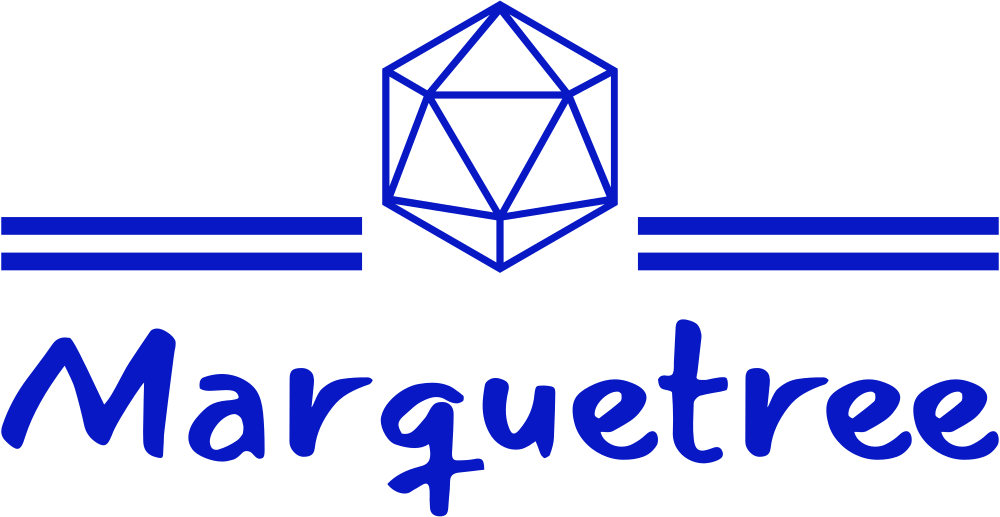Introduction
Amouranth, a well-known content creator and influencer, has recently found herself at the center of a controversy involving leaked content from her OnlyFans account. This incident has sparked discussions across platforms like Reddit, raising questions about privacy, ethics, and the consequences for influencers. In this article, we’ll dive into the Amouranth leak controversy, the role of Reddit, and the broader implications it has for content creators.
- The Amouranth Leak: What Happened?
- The Reddit Involvement
- Privacy and Ethics in the Digital Age
- Consequences for Content Creators
- FAQs About the Amouranth Leak Controversy
The Amouranth Leak: What Happened?
The Amouranth leak controversy revolves around the unauthorized sharing of content originally intended for paying subscribers on her OnlyFans account. This private content, including photos and videos, found its way onto various platforms, leading to widespread discussions and debates.
The Reddit Involvement
Reddit played a significant role in the spread of the leaked content. Subreddits dedicated to discussing and sharing such leaks saw a surge in activity as users shared and commented on the material. These actions led to concerns about the platform’s content policies and the ethics of participating in the sharing of private content without consent.
Privacy and Ethics in the Digital Age
The Amouranth leak controversy raises important questions about privacy and ethics in the digital age:
- Consent: Central to the discussion is the issue of consent. Content creators like Amouranth rely on platforms like OnlyFans to share exclusive content with paying subscribers who have consented to view it. Leaking this content without consent raises ethical concerns.
- Content Ownership: The leaked content also raises questions about content ownership. While subscribers pay for access to private content, they do not gain ownership of the material and should respect the creator’s rights.
- Platform Responsibility: The role of platforms like Reddit in regulating content sharing is also a topic of debate. While platforms may have policies against sharing explicit content without consent, enforcing these policies can be challenging.
Consequences for Content Creators
The Amouranth leak controversy highlights the potential consequences for content creators:
- Financial Impact: Content leaks can have a financial impact on creators who rely on subscription-based platforms. When private content becomes widely available for free, it can deter subscribers from paying for exclusive content.
- Reputation: The controversy can also affect the reputation of content creators. While some fans may support the creator, others may view the leak as a breach of trust.
- Legal Action: Creators may consider taking legal action against those responsible for the leak, particularly if their content is shared without consent.
FAQs About the Amouranth Leak Controversy
- What is the legal stance on sharing leaked content like the Amouranth leak?
- Sharing leaked content without consent can potentially violate copyright and privacy laws, leading to legal consequences for those involved.
- How can content creators protect their private content from leaks?
- Content creators can take measures to protect their content, such as watermarking, setting strict privacy settings on platforms, and monitoring for unauthorized sharing.
- What responsibilities do platforms like Reddit have in preventing the sharing of leaked content?
- Platforms like Reddit have content policies that prohibit the sharing of explicit content without consent. However, enforcing these policies can be challenging, and they rely on user reporting.
- Can content creators pursue legal action against those responsible for leaks?
- Yes, content creators can pursue legal action against those responsible for leaks, especially if their content is shared without consent.
- How can subscribers support content creators in cases of leaks?
- Subscribers can support content creators by reporting instances of content leaks, respecting creators’ rights, and continuing to engage with their content through legitimate means, such as subscribing or purchasing.
Conclusion
The Amouranth leak controversy sheds light on the complexities of privacy, consent, and ethics in the digital age. It serves as a reminder of the challenges content creators face when sharing exclusive content and the potential consequences of leaks. As discussions continue, it is essential for platforms, users, and creators to navigate these issues with respect for privacy and adherence to ethical standards.
